Click the icon below for helpful links.
State-of-the-art care.
West Michigan Cancer Center’s robust surgical oncology program provides state-of-the-art care with a patient first approach. Two widely regarded experts in the field, Gitonga Munene, MD and Laurence McCahill, MD, lead the program. Both physicians are highly trained surgical oncologists who specialize in a broad range of complex surgical interventions. Together, Drs. Munene and McCahill have 35 years of combined experience providing life-saving surgical care to cancer patients. Under their leadership, our team is committed to bringing you the highest quality, compassionate care available.

What Is Surgical Oncology?
Surgical oncology is the treatment of cancer with surgical procedures. A surgical oncologist removes the tumor and nearby tissue during an operation and performs certain types of biopsies.
For some patients, surgery is the only treatment needed. For others, the surgical oncologist may recommend surgery in combination with radiation therapy or chemotherapy.
Meet Our Team
WMCC’s surgical oncology team will prepare you and your loved ones for your upcoming surgery and make sure you have all the resources you need during your recovery. If your cancer requires additional treatments like radiation or chemotherapy, our team will connect you with all the necessary providers, whether it be at WMCC and/or our hospital partners, Ascension Borgess and Bronson.
To learn more about a specialist – click on their image below.
Surgical Oncology Team Members
You may see other members of our healthcare team during your pre and post-surgery visits. Their focus is to ensure that all of your physical and psychological needs are met during your time with us. Our surgical oncology nurse liaison and medical assistant will work together with your surgical oncologist and advanced practice provider to prepare you for your surgery and recovery.
Your surgical oncology registered nurse will help you manage the side effects of treatment and provide information and resources to help you best manage them. He or she will monitor you throughout your treatment course and help you and your family cope with changes you might experience.
- Social Workers
- Registered Dietitian
A Registered Dietitian works with patients to help them maintain adequate nutrition throughout their treatment. They can help modify your meal plan if side effects from treatment impact your appetite, cause nausea, or otherwise alter how you take in nutrition. They can also help determine what you can eat and provide recipes, menu suggestions, and information on ready-to-use nutritional supplements.
What We Treat
Our surgical oncologists care for patients with benign and malignant tumors. Dr. Munene specializes in surgery for gastrointestinal cancers along with several other uncommon malignancies. Dr. McCahill leads our new melanoma and skin cancer clinic in collaboration with Western Michigan University Homer Stryker MD School of Medicine (WMed).
- Gastric cancers
- Liver cancer
- Gallbladder cancer
- Bile Duct cancer
- Pancreatic cancer
- Metastatic colon cancer
- Chronic pancreatitis and complications of severe pancreatitis
- Benign biliary diseases
- Thyroid diseases including cancer
- Melanoma
- Merkel cell melanoma
- Basal cell cancer
- Squamous cell cancer
- Breast cancer
- Soft tissue sarcomas
- Peritoneal-based malignancies using hyperthermic intraperitoneal chemotherapy (HIPEC).
- High risk pancreatic cancer clinic
In this type of biopsy, a surgeon cuts through the skin to remove the entire tumor (called an excisional biopsy) . This is often done using local or regional anesthesia (drugs are used to numb the area). If the tumor is inside the chest or abdomen (belly), general anesthesia is used (drugs are used to put the patient into a deep sleep so they will feel no pain).
Your First Visit
What To Expect
The first step in receiving surgical oncology care is to meet with a WMCC surgical oncologist. The doctor will discuss your diagnosis with you and determine if surgery is the right form of treatment for you. If the doctor decides to move forward, your surgery will be scheduled, and you will meet with our surgical oncology nurse at the same visit. Our nurse will provide education regarding the surgery and how to best prepare for your upcoming procedure.
Patients scheduled for gastrointestinal surgery will receive a supply of IMPACT Advanced Recovery Drink before their operation. Supplementing with IMPACT has been proven to reduce the risk of infection after major surgery.

- Treatment Plan
- Surgery Information
- Accreditation by the National Pancreas Foundation
Multidisciplinary GI Conference
For patients with gastrointestinal cancers, we bring together a highly specialized team to rapidly evaluate each case and develop a consensus treatment plan. This is called a multidisciplinary conference. The purpose is to help speed up the time from diagnosis to treatment. This comprehensive conference includes surgeons, medical oncologists, radiation oncologists, advanced practice providers, pathologists, radiologists, a genetic counselor, clinical trials nurses, social workers, dietitians, and a clinic coordinator.
WMCC’s surgical oncology program is accredited by the National Pancreas Foundation (NPF). Accreditation carries the assurance that the accredited center program has access to the resources of the foundation. Resources include the National Patient Registry, the Animated Pancreas Patient, state chapter support and partnership, educational meetings and materials, and participation and representation in various medical and scientific activities of the NPF.
- Treatment Plan
- Surgery Information
- Accreditation
Multidisciplinary GI Conference
For patients with gastrointestinal cancers, we bring together a highly specialized team to rapidly evaluate each case and develop a consensus treatment plan. This is called a multidisciplinary conference. The purpose is to help speed up the time from diagnosis to treatment. This comprehensive conference includes surgeons, medical oncologists, radiation oncologists, advanced practice providers, pathologists, radiologists, a genetic counselor, clinical trials nurses, social workers, dietitians, and a clinic coordinator.
WMCC’s surgical oncology program is accredited by the National Pancreas Foundation (NPF). Accreditation carries the assurance that the accredited center program has access to the resources of the foundation. Resources include the National Patient Registry, the Animated Pancreas Patient, state chapter support and partnership, educational meetings and materials, and participation and representation in various medical and scientific activities of the NPF.
Available Clinical Trials
West Michigan Cancer Center Radiation & Surgical Specialties has an active clinical research program. WMCC is a member of the Cancer Research Consortium of West Michigan, a division of the National Cancer Institute’s Clinical Oncology Research Program. Your surgical oncologist can provide guidance and connect you with one of our research protocol nurses to discuss clinical trials that may help address your specific type of cancer.




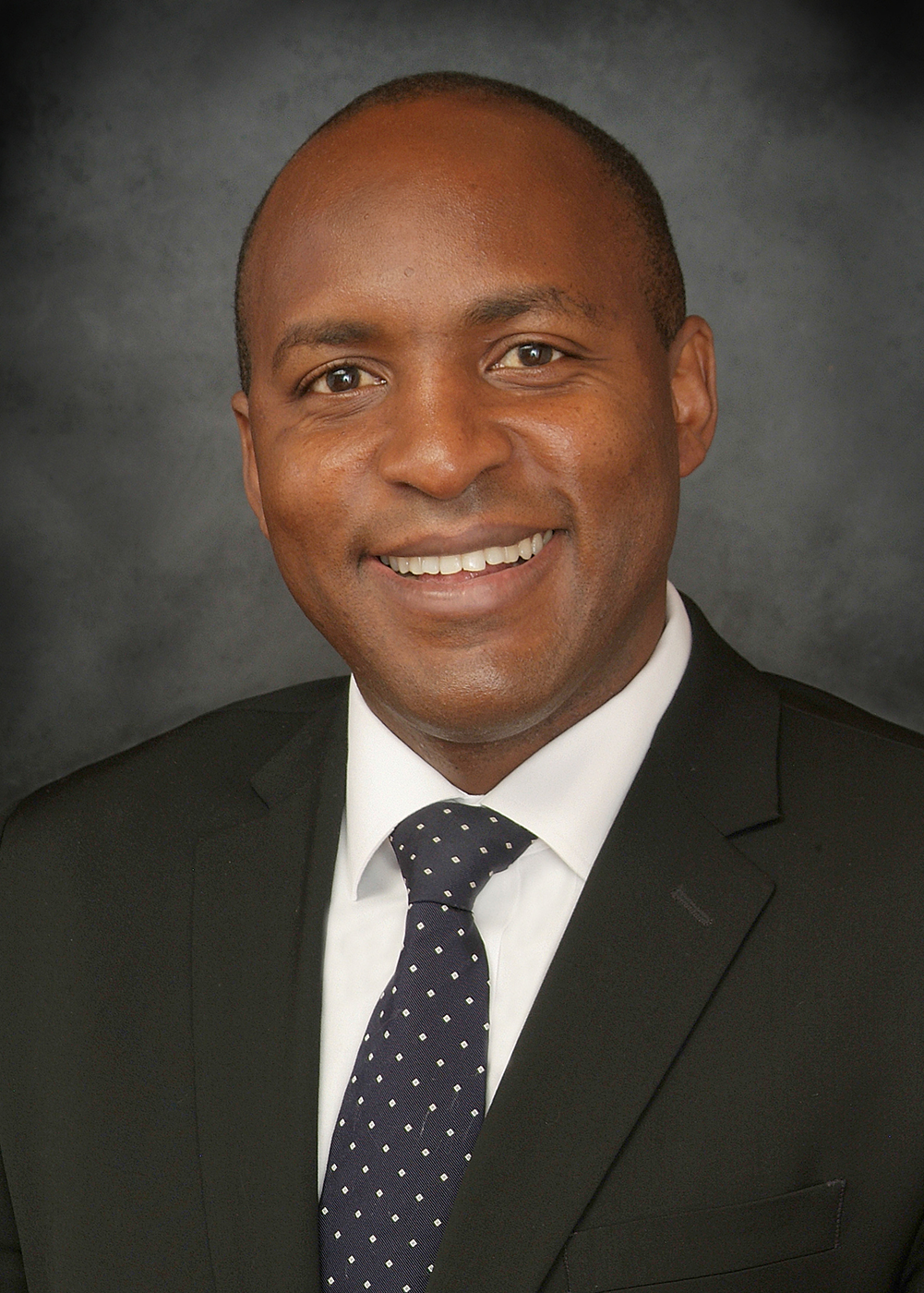
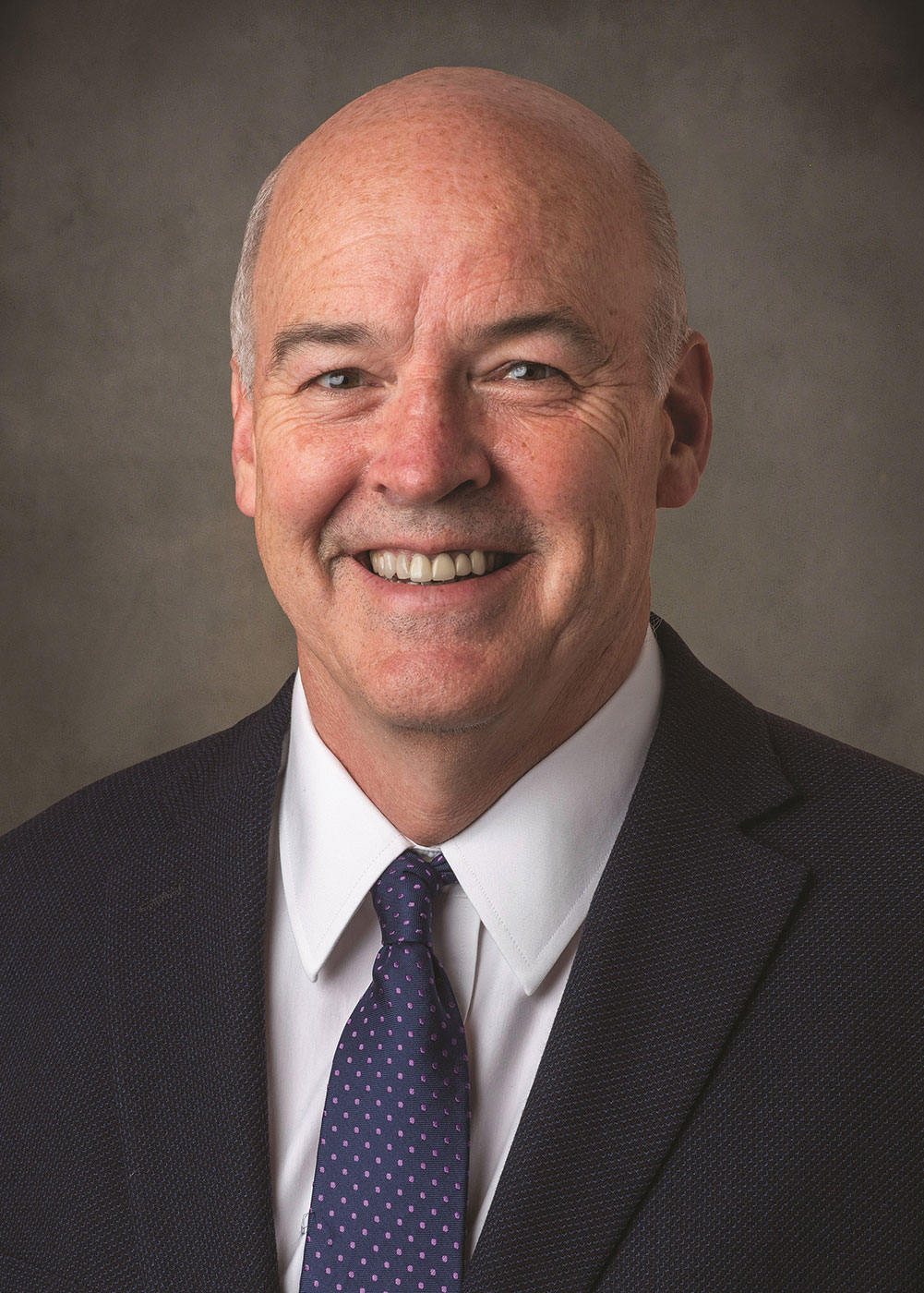
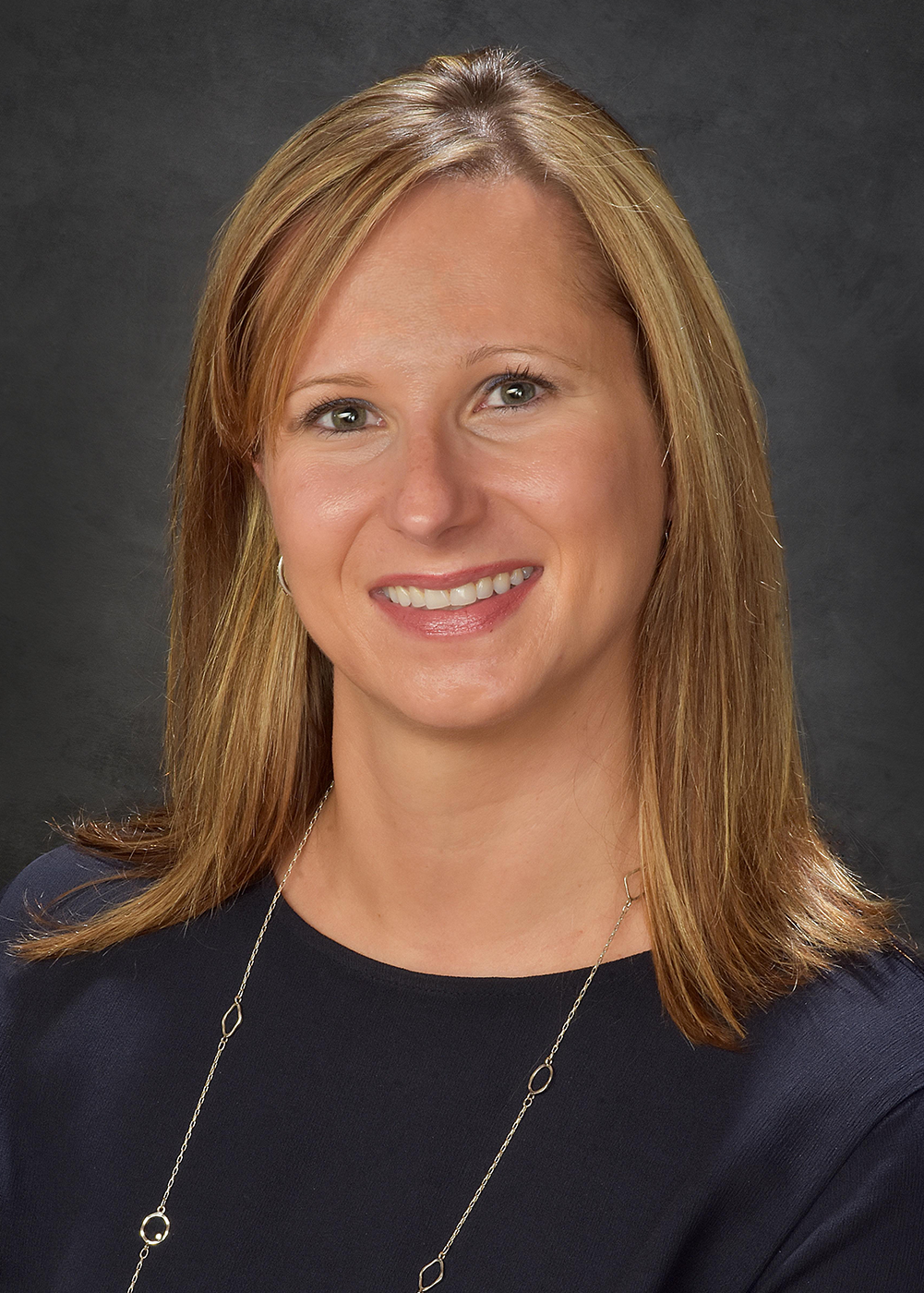
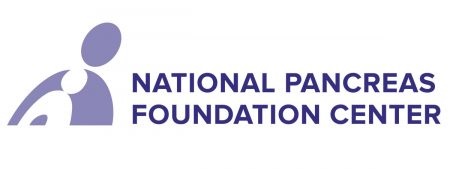

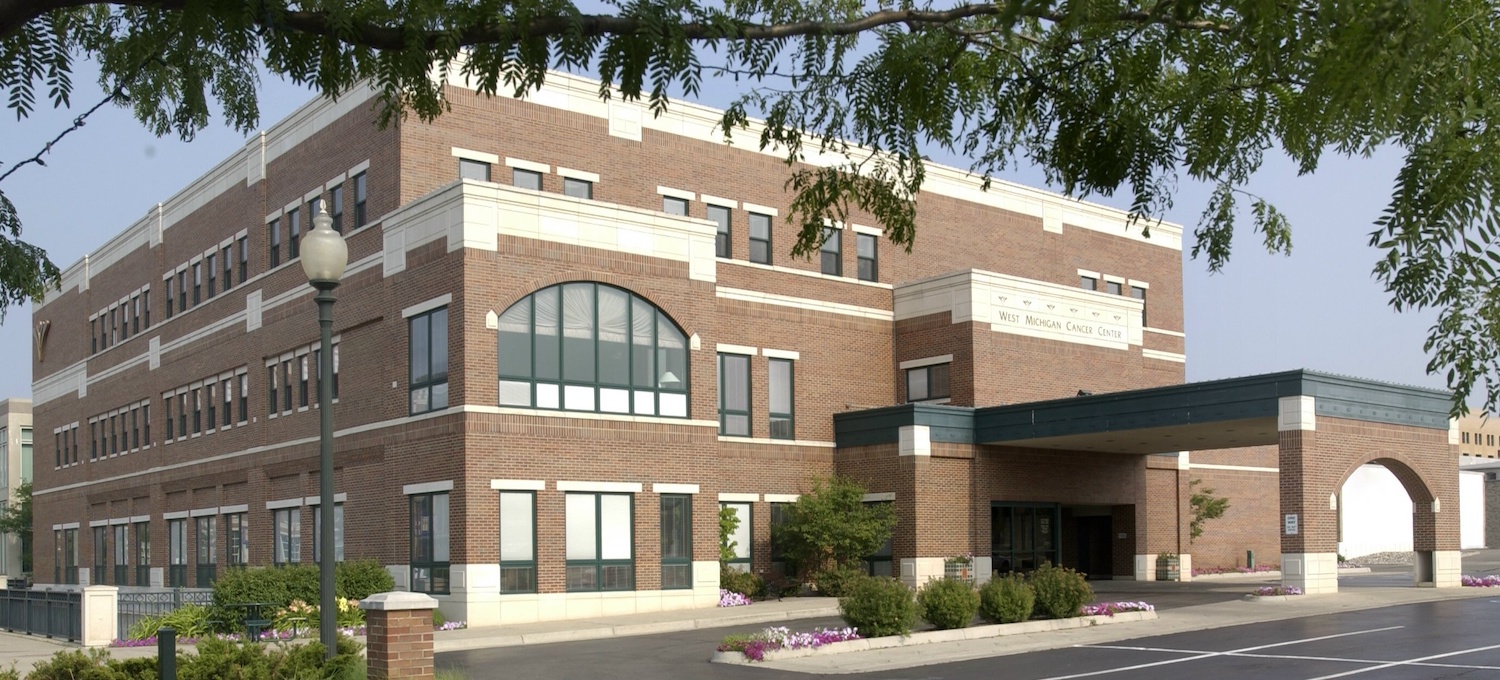
If you are at high risk for pancreatic cancer, our specialty clinic, led by Dr. Gitonga Munene, can offer guidance and support. Learn more here.